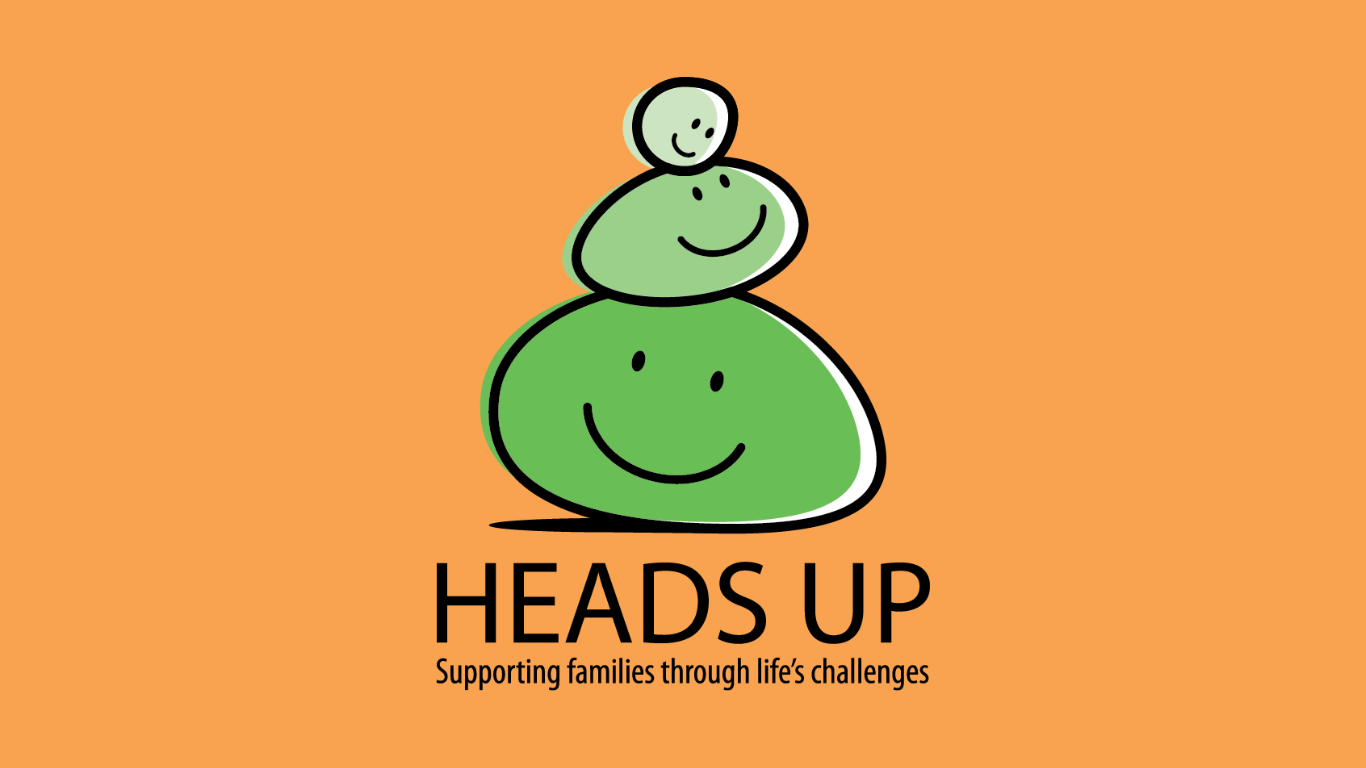|
By Jayne Ballard, CEO Here at CFF we have recently attended essential safeguarding training. For some of us a refresh and for others attending for the first time. In my CEO and Designated Safeguarding lead role I was struck by three key areas, although not new I welcome the opportunity to reflect and consider how we can make the most of every contact and seize opportunities however small as we begin to navigate our way out of the very different behaviours that have established for us all during the pandemic. 1.Adverse Childhood Experiences (ACEs)
Remembering that half the people in England and Wales experienced 1 ACE as a child. 1 in 10 people experience four or more ACEs. Reducing ACEs in childhood is a priority and we all have a part to play as workers and as parents the more we know about ACEs the more we can help stop children growing up with ACEs in their lives. Plus those of us who have experienced ACEs in our own lives can better help ourselves and others who have suffered ACEs cope. This short YouTube link explains about ACEs and is easy to understand and well worth a watch and sharing with others. https://www.youtube.com/watch?v=XHgLYI9KZ-A 2. Missed appointments by Children Whatever service we are providing it will often involve appointments with children and young people. When children and young people fail to attend it is often recorded as ‘Did not attend’ and often the case would be closed. We all need to stop and think about this, we need to recognise that in majority of cases it is not that they failed to attend, it’s because they were not taken to the appointment. Children and young people are reliant on parents or carers taking them for appointments and if they are not there we need to be inquisitive and to follow up with a conversation with the adults in their lives to understand why the appointment was missed, plus any potential barriers that could be overcome to ensure attendance. Failing to attend health, school, wellbeing sessions can have a detrimental effect on children and young people’s mental health and wellbeing, they miss out on crucial help or support that has been offered. Parents and carers need to know that they can talk to services and that they will understand and will work with them to overcome barriers as much as possible to ensure that appointments are attended, especially in the current climate where everyone’s lives have been turned upside down with the pandemic. Stresses, strains and worries are a bigger part of all of our lives as we look to return to some normality post the pandemic. The short link below reinforces this point and is well worth a watch and sharing with others. https://www.youtube.com/watch?v=dAdNL6d4lpk 3. Offering support early when families are struggling The importance of offering early help and support to children and their families where they are experiencing difficulties and challenges is really important. Often getting in early and preventing the problem from escalating is not only beneficial to the family it saves lots of time and money from the public purse. Promoting the well-being of children at every opportunity can also reduce their vulnerability to harm or abuse. Seize the opportunity and use the principles of making every contact count (MECC) view the family as a whole, have an inquisitive mind and remember we have all being through (and are still doing so) very unusual and challenging times, we all need a little more reassurance and a listening ear maybe more than usual. MECC uses brief and very brief interventions, delivered whenever the opportunity arises in routine appointments and contacts. Very brief interventions take from 30 seconds to a couple of minutes. A parent or young person can be encouraged to think about change and offered help such as a referral to another service or further information. A brief intervention involves a conversation, with negotiation and encouragement, and could lead to referral for other interventions, or more intensive support. Either way by having the conversation we are enabling the person to access support at an early opportunity as opposed to leaving the problem to escalate. There are many resources available online that families will find helpful and we need to share with our children and families routinely as part of our work and conversations. As parents, carers and young people you need to be reassured that you can ask for support and information about your worries and be confident that whoever you are talking to will take time to ensure that you have appropriate information about next steps. I will be thinking and reflecting more about my interactions, conversation and opportunities to offer help and support both at work and in a social context. We all need to appreciate each other and the impact of what we are experiencing exiting the pandemic. Please check out our programmes page for groups and workshops that are available across Leicester, Leicestershire and Rutland.
0 Comments
Leave a Reply. |
AuthorCFF Archives
October 2023
Categories |


 RSS Feed
RSS Feed